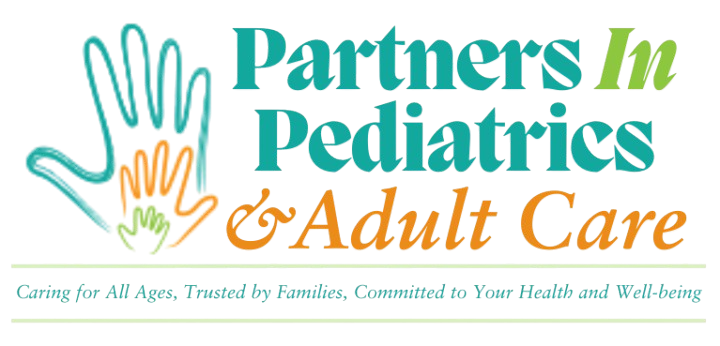
What Is Breast-feeding?
Breast-feeding (nursing) is the process by which a mother feeds her infant directly from her breasts. Ideally, the infant nurses by sucking milk from the mother’s nipple. When direct nursing is not possible, milk can be expressed (pumped) and fed to the baby using a bottle. Breast milk provides essential nutrients such as vitamins, protein, and fats, along with antibodies that help strengthen the infant’s immune system. The American Academy of Pediatrics (AAP) recommends exclusive breast-feeding for at least the first six months of life, whenever physically possible.
Request an AppointmentBenefits of Breast-feeding
Breast-feeding offers numerous advantages for both the infant and the mother.
For the Infant:
- Provides easily digestible nutrition
- Contains antibodies that protect against infections
- May reduce the risk of sudden infant death syndrome (SIDS)
- Lowers the risk of ear infections, asthma, obesity, respiratory infections, and type 2 diabetes later in life
For the Mother:
- Helps the uterus contract and return to its normal size more quickly after birth
- May assist with postpartum weight loss
- Reduces the risk of breast and ovarian cancers
- Saves money on infant formula
- Strengthens the bond between mother and baby
Possible Complications of Breast-feeding
While breast-feeding is generally safe and beneficial, some challenges can arise, including:
- Nipple soreness
- Breast engorgement (swelling)
- Mastitis (breast infection)
- Blocked milk ducts
- Difficulty with the infant latching onto the nipple
Nipple pain and engorgement often occur in the early days of breast-feeding but usually improve as nursing becomes established. If mastitis develops, continuing to nurse is encouraged, though antibiotics may be prescribed if necessary. When a baby cannot nurse directly, expressed milk can be bottle-fed.
Lifestyle Changes for Breast-feeding Mothers
Women who breast-feed should increase their daily calorie intake by 450 to 500 calories to support milk production. Since substances consumed by the mother can pass through breast milk, nursing mothers are advised to:
- Stay well hydrated
- Avoid spicy foods
- Limit caffeine intake
- Avoid alcohol consumption
- Avoid smoking and illegal drugs
Continuing prenatal vitamins during breast-feeding is often recommended, but any medication use should be discussed with a healthcare provider.
Breast-feeding Support and Resources
Though natural, breast-feeding can be challenging for many new mothers. To help, many hospitals and clinics offer breast-feeding (lactation) classes that provide guidance and address common concerns.
Some women also choose to work with a lactation consultant before or after birth. These specialists help mothers:
- Understand the breast-feeding process
- Develop a feeding schedule
- Learn proper positioning and pumping techniques
- Overcome breast-feeding difficulties
Even experienced mothers may benefit from lactation support with subsequent babies.
